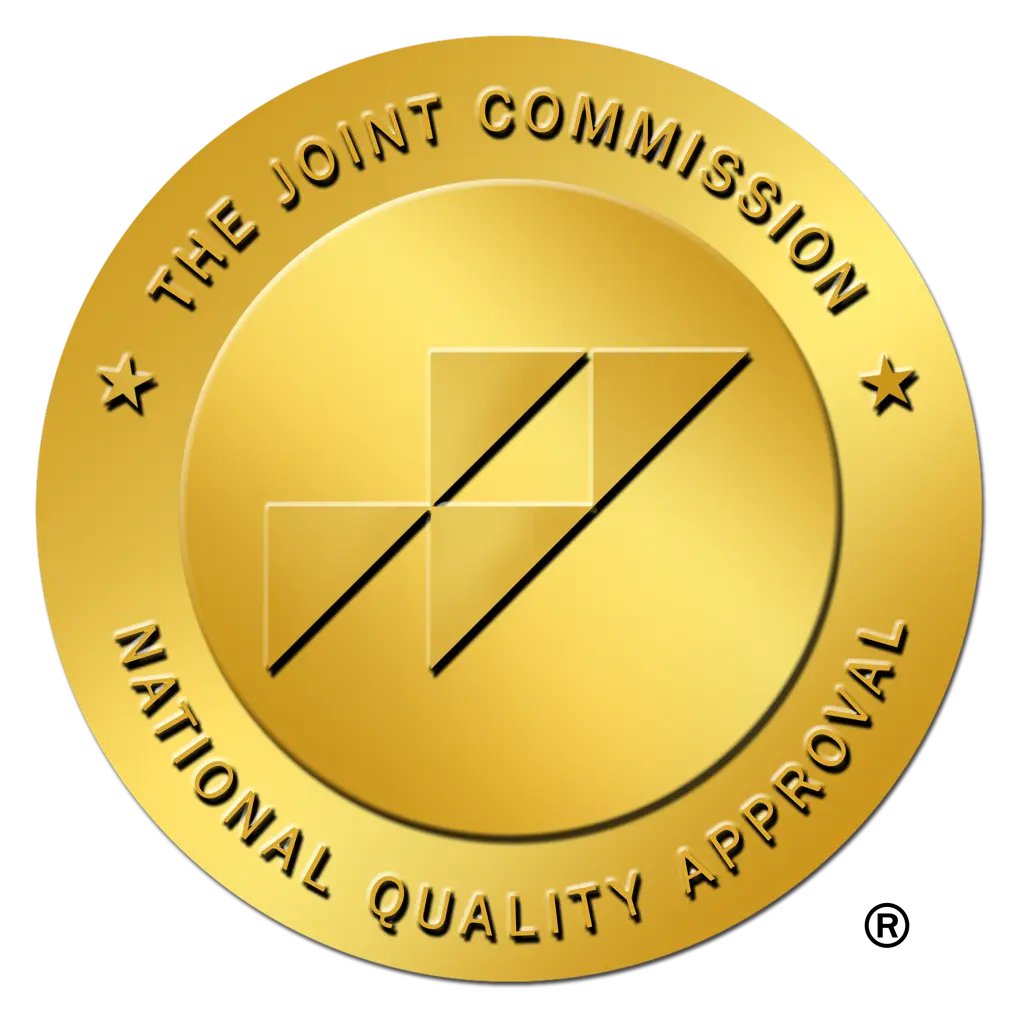Suicide Prevention for Veterans at Alter Mental Health in San Diego
In the heart of San Diego, Alter Mental Health stands as a beacon of hope, particularly for our nation’s heroes: our veterans. The brave souls who’ve risked everything on the battlefield sometimes face even graver threats at home, in the silent and often misunderstood realm of mental health. Our mission is to illuminate the path to healing and hope, strongly emphasizing suicide prevention for veterans.
The Gravity of the Issue: Suicide Among Veterans
The challenges that our brave veterans face are multi-dimensional. Beyond the physical and emotional traumas they might endure during service, transitioning back into civilian life can sometimes be overwhelming. The weight of these combined stressors has led to a deeply concerning issue: an elevated suicide rate among veterans compared to the civilian population.
Statistically, studies have shown that veterans face a significantly higher risk of suicide. This elevated risk is a sobering reminder of the profound psychological and emotional scars that service can leave behind. Factors such as PTSD, traumatic brain injuries, the challenge of readjusting to civilian life, and isolation can all contribute to this heightened vulnerability. Additionally, access to firearms, trained combat skills, and the military ethos of self-reliance might sometimes translate into a higher lethality rate in suicide attempts.
It is essential to underline that every veteran is unique, and not all face these challenges or think of suicide. However, the sheer number of veterans affected underscores the gravity of the issue. As a community and healthcare provider, understanding this crisis’s depth and nuances is the first step toward prevention and offering the necessary support.
Veteran Suicide Prevention: Recognizing the Warning Signs
Recognizing the warning signs of suicide among veterans is crucial in intervention and potentially saving lives. Family members, friends, colleagues, and healthcare providers must be vigilant and sensitive to these signs:
- Verbal Cues: Statements such as “I can’t go on,” “I have nothing to live for,” or “It would be better if I weren’t here.”
- Isolation: Withdrawing from friends, family, and society. Avoiding social gatherings or previously enjoyed activities.
- Mood Swings: Rapid and dramatic shifts in mood, from extreme agitation to profound sadness.
- Risky Behaviors: Engaging in reckless activities without concern for potential consequences, including increased alcohol or drug consumption.
- Gathering Means: Collecting and/or discussing methods for self-harm or suicide, such as seeking access to firearms or pills.
- Giving Away Possessions: Sudden urges to give away belongings or set one’s affairs in order, particularly without a logical reason.
- Preoccupation with Death: Continuous thoughts or conversations about death, dying, or violence.
- Feelings of Hopelessness: Expressing a belief that things will never get better or there is no way out of a situation.
- Sleep Disturbances: Significant changes in sleep patterns, either insomnia or excessive sleeping.
- Saying Goodbye: Unexpected visits or calls to loved ones, seemingly to say a final goodbye.
If any of these signs are noticed, especially if they are out of character, it is essential to take them seriously. Engaging in open communication, asking about suicidal thoughts, and seeking professional help can make a significant difference. At Alter Mental Health, we prioritize early identification and intervention, providing a safe space and resources for veterans grappling with these challenges.
Suicide Risk Factors Specific to Veterans
Veterans grapple with a unique web of challenges:
- The shadows of combat, witnessing death, or causing harm to others.
- Traumatic brain injuries, often silent, manifest as mood swings, memory problems, or altered personalities.
- Physical ailments, chronic pain, or disabilities stemming from active duty.
- The dissonance of transitioning from the structured military environment to civilian life, often without a roadmap.
- A profound sense of loss: of comrades, purpose, or the structured identity provided by the military.
How Alter Mental Health Addresses Suicide Prevention for Veterans
At Alter Mental Health, our approach is multifaceted, addressing the complex layers of challenges veterans face:
- Intensive Personalized Risk Assessments: Through a deep dive into individual histories, traumas, and triggers, we craft a bespoke roadmap for each veteran.
- Rapid Response Crisis Intervention: Time is of the essence. We ensure immediate, compassionate, and skilled responses for those in acute distress.
- Creating a Sanctuary: More than a facility, Alter is a sanctuary where veterans can feel safe, heard, and valued.

Veteran Suicide Prevention: Treatment Modalities for Veterans at Risk
Our therapies are not one-size-fits-all but are adapted to resonate with the veteran experience:
- Cognitive Behavioral Therapy (CBT): Tackling and transforming harmful thought patterns while fostering resilience and positive coping mechanisms.
- Mindfulness and Meditation: Helping veterans reconnect with themselves, grounding in the present, and learning to find peace amidst internal chaos.
- Group Therapy: Facilitating healing in communal settings, where shared experiences amplify mutual support.
- Solution-Focused Brief Therapy (SFBT): Concentrating on tangible, immediate solutions to create positive momentum.
Family and Community Involvement in Veteran Suicide Prevention
A veteran’s healing journey isn’t solitary; it’s intertwined with their community. Here’s a look at our family and community support approach:
- Extensive Family Counseling: Empowering families with insights and tools to stand alongside their loved ones.
- Community Education and Outreach Programs: Spreading awareness, dispelling myths, and fostering a community equipped to support its veterans.
- Dedicated Support Groups: Regular, structured family interactions, offering a space for shared journeys and mutual growth.
Why Trust Alter Mental Health with Veteran Suicide Prevention?
Our commitment is uncompromising. Here’s why:
- A Team with Specialized Expertise: Professionals trained meticulously in addressing veteran-specific mental health nuances.
- Close Collaboration with Veterans Affairs: Ensuring seamless, well-rounded care.
- 360-degree Holistic Approach: Treating not just the symptom but the person, addressing physical, mental, and spiritual healing.
- Unwavering Respect and Confidentiality: Veterans are treated with the honor and discretion they deserve.
Veteran Suicide Prevention: Resources and Next Steps
If you’re facing an immediate crisis, we’re here 24/7. You can also reach out to the National Veterans Crisis Line.
Delve deeper into our resources at www.altermentalhealthsd.com for comprehensive guidance.
Connect with us for a detailed consultation, ensuring a thorough, respectful assessment of the path forward.
Frequently Asked Questions About Veteran Suicide Prevention
Why are veterans at a higher risk for suicide than the general population?
Veterans often face unique challenges related to their service, including exposure to combat, physical injuries, and the psychological stress of war. The process of transitioning back to civilian life can also be daunting. These factors, coupled with PTSD, traumatic brain injuries, and feelings of isolation, contribute to the elevated risk.
What immediate steps should I take if I suspect a veteran is contemplating suicide?
Call emergency services or take the person to the nearest emergency room if you believe there’s an immediate threat. Encourage the veteran to contact the Veterans Crisis Line at 1-800-273-TALK (8255) and press 1. Always take any hint or direct talk of suicide seriously.
How does Alter Mental Health support veterans at risk of suicide?
Alter Mental Health has a specialized program that addresses veterans’ unique experiences and challenges. Our team is trained in identifying the warning signs of suicide and providing immediate, effective interventions and long-term support.
Are there signs specific to veterans that suggest they might be thinking of suicide?
While many warning signs of suicide are universal, veterans might also display signs like extreme guilt from combat, feeling like they’ve become a burden to others, or expressing a strong wish to join their fallen comrades.
How can family and friends support a veteran who might be at risk?
Open communication is key. Engaging in non-judgmental conversations, active listening, and encouraging them to seek professional help can make a profound difference. Familiarizing oneself with resources like the Veterans Crisis Line can also be invaluable.
Does Alter Mental Health offer treatments specifically designed for veterans?
Yes, at Alter Mental Health, we understand the unique needs of veterans. We have tailored therapies and treatment modalities specifically designed to address veterans’ experiences and challenges, with a particular emphasis on suicide prevention.
Are there support groups for families of veterans at risk?
Yes, Alter Mental Health offers support groups for families, helping them understand the challenges their loved ones face, equipping them with tools and resources, and providing a space for shared experiences.
How long does the typical treatment program last for veterans at risk of suicide?
The duration varies based on individual needs. Some veterans might benefit from short-term interventions, while others might require more extended support. Our team assesses and determines the most appropriate treatment duration for each veteran.
Is there outpatient support for veterans after the completion of a program at Alter Mental Health?
Absolutely. Continuous support is crucial in suicide prevention. Alter Mental Health offers outpatient services, follow-up sessions, and connections to community resources to ensure veterans receive ongoing care.
Are the treatments offered at Alter Mental Health evidence-based?
Yes, all our treatments are grounded in evidence-based treatment. Our team continuously stays updated with the latest research and methodologies to ensure the most effective care for our veterans.
For more information, resources, or immediate support, don’t hesitate to get in touch with Alter Mental Health or visit our dedicated Veteran Suicide Prevention page. We’re here to help.
